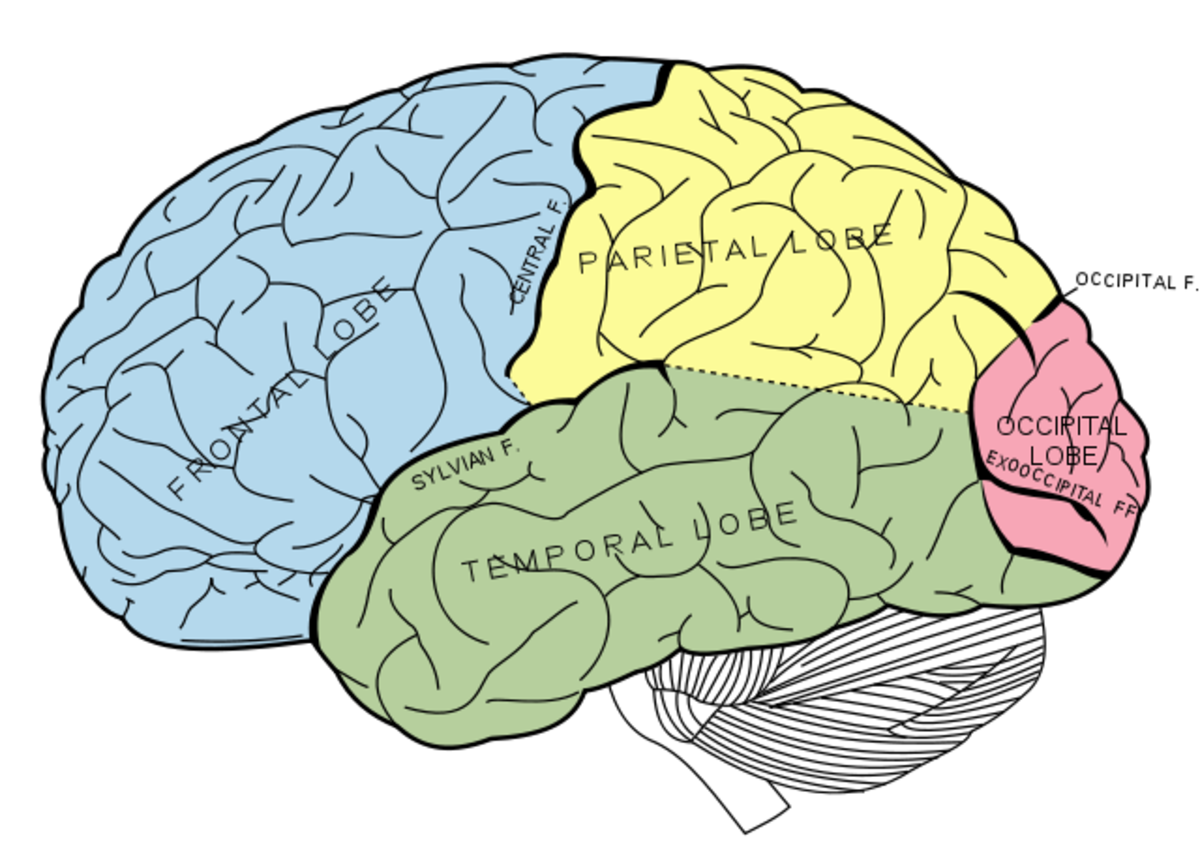Tips on Improving Your Memory

Memory: it's what makes us who we are. And every day we have to process more information, using up precious memory. A 2011 study showed that we are bombarded by the equivalent of 174 newspapers every day in terms of information. Processing all that information, and working out what's important, can lead to stress. Studies show that stress can lead to problems with memory, particularly short-term or working memory. So how can we make our memory more robust? Some techniques involve our whole lifestyle, others involve exercising the brain, and others involve harnessing technology old and new.
Understanding how memory works
Our brains are incredibly complex mechanisms, processing millions of signals every second to help us make sense of our environment, survive and thrive. An experience becomes a memory in three stages. First, information is encoded, for example someone tells you an address. The consolidation stage is the second process, when the information is repeated in your head and becomes transferred to your long-term memory store. Thirdly, the information is retrieved from your long-term memory when you remember it.
If this process is allowed to progress without interruptions or distractions, the likelihood is that the memory will be consolidated very quickly and effectively. However, we live in a world of constant distraction and noise.
Making use of technology
Thankfully, the very technology that causes part of the stress and memory problems can also offer part of the solution. Do you constantly forget birthdays? Use an automated reminder service to send you emails or text messages a few days in advance - or if you're super-organised, choose your birthday cards at the beginning of the year and get the sending automated too. The Internet is changing the way that we use our memory; a 2011 Columbia University study suggested that we now remember better how to find information than the information itself. If you're really not a fan of the Internet, resort to an old-fashioned diary or calendar and daily "to do" lists, making a new one each evening for the following day. Making summary notes or using post-its in strategic places can also help you remember facts or tasks.
Is it the time of life?
There are certain times in life when memory is not as good as it might be. As children, we remember every detail of most events. Everything is new and exciting. As life gets more repetitive, our short-term memory in particular becomes worse, and hormones can cause havoc. Pregnant women often report being forgetful, as do some women going through the menopause or perimenopause. Those who have undergone particularly stressful experiences, who have had strokes, thyroid problems, mild depression or other illnesses, may also find their memory is not as good as it once was. Don't be hard on yourself: use some of the techniques in this article to help preserve your memory.
Are you eating well?
We are what we eat, and it has been shown that certain foods can help memory. Make sure your diet includes plenty of fish and other foods rich in Omega-3. Blueberries, nuts, seeds, avocados, beans, and even a small amount of dark chocolate have all been shown to be helpful in preserving your memory capacity. Pomegranate juice and tea are also beneficial.
At least eight hours
One technique that can pay dividends is to go over the events of your day before you fall asleep, preferably in reverse order. Getting enough sleep is essential to help your brain, and memory, function at their optimum level.
Stay active
Just like any part of the amazing organism that is the human body, the brain benefits from regular exercise. So consider taking up bridge, Sudoku, Scrabble, or any games that involve using your mind, or take up a creative hobby like writing or handicrafts.
Associations
Making associations is a tried and tested technique to help remember details in some situations. Say, for example, you have several unrelated items or tasks to remember, such as picking up a jacket from the cleaners, buying lemons, posting a letter, booking a restaurant and wishing your sister happy birthday. Think of a lemon on top of a postbox, and your sister sitting in the restaurant in the newly cleaned jacket. The more absurd you can make the pictures, the more likely you are to recall them.
A variation of this technique, to help work on your short-term memory skills, is to have ten or more unrelated items on a tray, and try to remember as many as you can in a minute. Again, try to make unlikely combinations.
Have standard places to store items
Everyone has had the experience of losing their keys, wallet or mobile phone at a crucial moment because they've temporarily mislaid them. Make sure you have a regular place to store them, and always leave them there, whether it's at home or the office.
The power of scent
Smells can be astonishingly evocative, and a few drops of aromatherapy scents such as rosemary, peppermint and lemon have been shown to help with memory recall. If you need to remember specific facts, for an exam perhaps, this can be particularly beneficial.
Take time out
One of the best things you can do for your memory is to take regular "time out". Turn off the TV. Switch off the computer. Turn off the mobile phone and disconnect the landline. Spend ten minutes in quiet contemplation or listening to orchestral music.
Whichever techniques you choose, your memory is as precious as the rest of you: look after it well.
http://www.telegraph.co.uk/science/science-news/8316534/Welcome-to-the-information-age-174-newspapers-a-day.html
http://news.columbia.edu/googlememory
http://www.nlm.nih.gov/medlineplus/memory.html
http://www.humanstress.ca/stress/effects-of-stress-on-memory/is-your-memory-affected-by-stress.html
http://www.webmd.com/diet/guide/eat-smart-healthier-brain
http://www.wlnaturalhealth.com/aromatherapy-articles/aromatherapy-memory-concentration.htm






